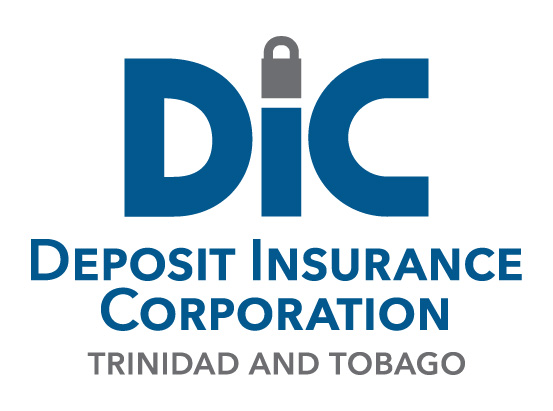Yes. If each of the co-owners has personally signed a valid account signature card and has a right of withdrawal on the same basis as the other co-owners, the joint account and each of the individually owned accounts are separately insured up to the $200,000 maximum. (The execution of an account signature card is not required for time certificates of deposit or any other deposit obligation evidenced by a negotiable instrument, but the deposit must in law be jointly owned.) However, the insurance protection on joint accounts is not increased by rearranging the names of the owners, changing the style of the names, or by establishing more than one joint account for the same combination of owners in the same insured institution. No joint account shall in any case be entitled to insurance coverage in excess of $200,000.
Frequently Asked Questions
- How is a depositor notified that an institution in which he or she has a deposit, has been ordered to be closed?
- Who should file a claim if more than one person is authorised to draw on an account?
- What procedure does the DIC follow after an institution has been closed?
- Are any other cash liabilities of financial institutions covered?
Did You Know?
- Misconception: The uninsured balance, being that portion of deposit/(s) over TT$200,000 for which a certificate was issued, would never be honoured by the DIC. - Fact: A liquidator’s certificate is issued to the depositor by the Corporation for the unsecured balance being that portion of the deposit over TT$200,000. If, the realizations from the disposal of assets net of the subrogated claim of the deposit insurer results in a surplus, then unsecured balances would be …




